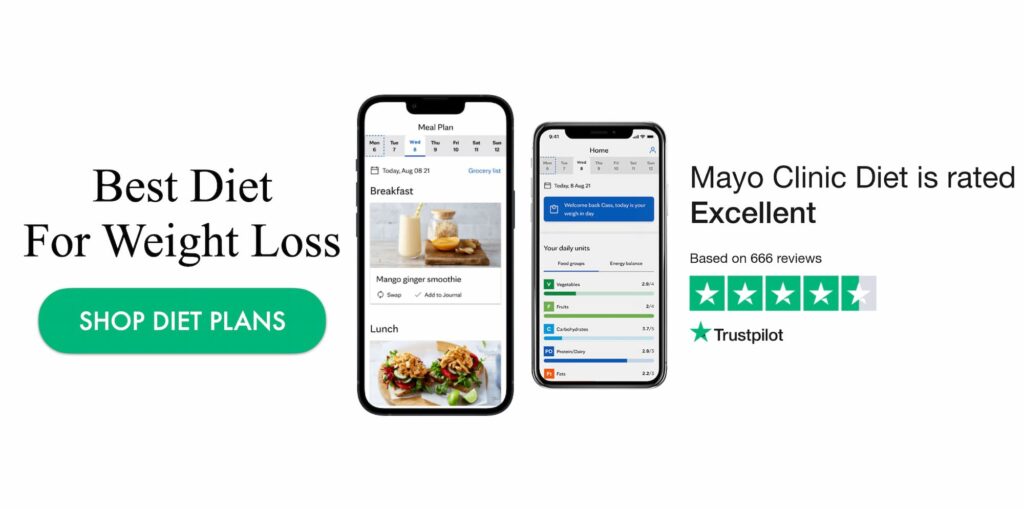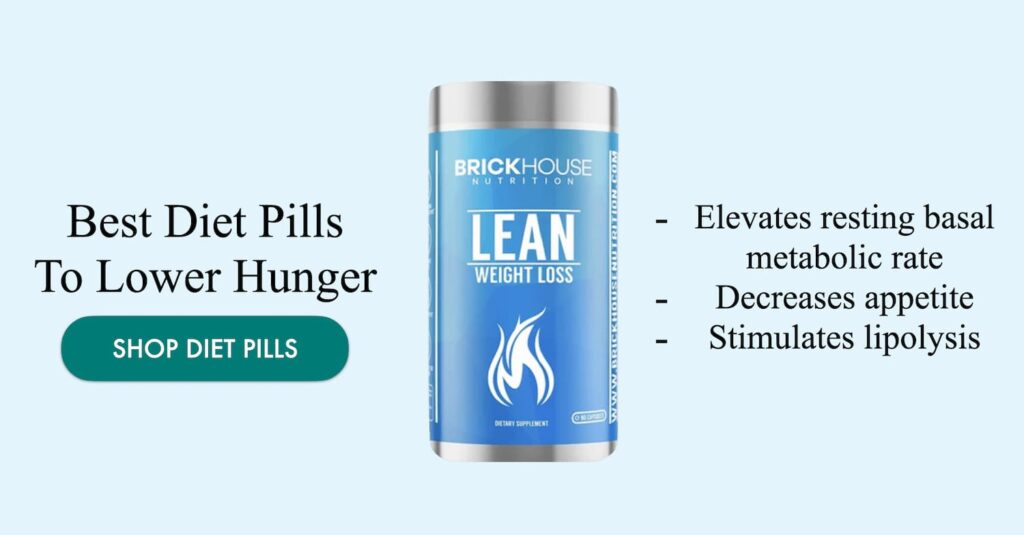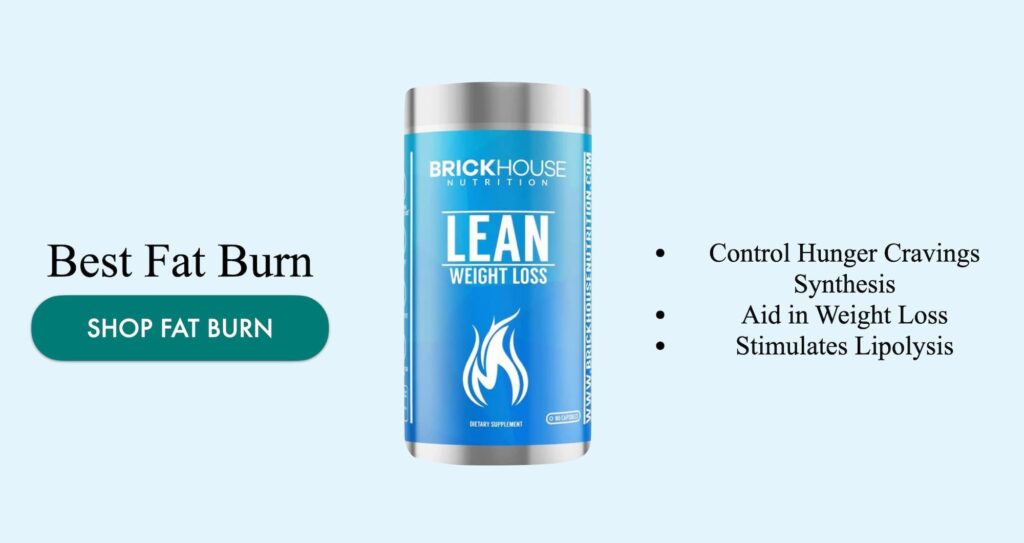The best alcohol to drink on a diet is red wine, particularly a dry variety like Pinot Noir or Cabernet Sauvignon. Red wine, a distinguishing trait of the Mediterranean diet, has been linked to various health benefits, including improved heart health and antioxidant properties. According to a 2002 study “Alcoholic Beverage Preference, diet, and health habits in the UNC Alumni Heart Study,” wine drinkers generally have healthier diets and lifestyles compared to those who prefer beer or spirits.
The lowest-calorie alcoholic drinks for low-car or keto dieters are vodka soda, gin and tonic, and light beer. These drinks have fewer calories because they’re often mixed with zero-calorie mixers like soda water or tonic. Light beers are formulated to have fewer carbohydrates and, therefore, fewer calories.
When you’re wondering what types of alcohol have the least sugar for a diet, look no further than spirits like vodka, gin, and tequila. These spirits go through a distillation process that strips away most of the sugar, making them a solid pick for anyone keeping an eye on their sugar levels.
EatProteins.com is a reader-supported platform. Purchases made through our links may earn us a commission at no extra cost to you.
What is the best alcohol to drink on a low-carb diet?
The best alcohol to drink on a low-carb diet is generally hard liquor like vodka, gin, or tequila. These spirits contain zero carbs and are around 40% alcohol by volume. If you’re a beer lover on a low-carb diet, go for light beers like Michelob Ultra, Bud Light, or Corona Light. These beers typically contain 2-4 grams of carbs per 12-ounce serving.
However, a 2016 study by Diewertje Sluik from Wageningen University found that beer drinkers generally have less healthy dietary habits, so it’s best to limit consumption. According to a study by Dr. Sluik, people who prefer wine tend to have healthier dietary habits, but wine does contain some carbs. Franziska Spritzler, a Registered Dietitian and author of “The Low Carb Dietitian’s Guide to Health & Beauty,” often posts on social media about the importance of choosing low-carb alcoholic options, including beer. Again, moderation is crucial.
For low-carb cocktails, think simple: a mix of hard liquor with zero-carb mixers like soda water or lemon/lime juice. Popular options include a vodka soda, gin, and tonic with diet tonic water or a margarita with sugar-free syrup.
What is the best alcohol to drink on a Mediterranean diet?
The best alcohol to drink on a Mediterranean diet is red wine, specifically those rich in polyphenols. According to a study by Celestino Santos-Buelga and colleagues from Universidad de Salamanca, red wine contains relevant amounts of polyphenols that have cardiovascular benefits. However, it’s crucial to note that alcohol, even in moderate amounts, can have severe health consequences, including being a Group 1 carcinogen. So, while red wine may align with the Mediterranean diet, moderation is key.
The healthiest alcoholic options for a Mediterranean diet are red and white wines. Red wine is particularly beneficial due to its high polyphenol content. White wine is a second option but contains fewer polyphenols. Both should be consumed in moderation, ideally ≤1 drink for women and ≤2 drinks for men per day, as per WHO guidelines. Dr. Rosa Casas, also from the University of Barcelona, has shared articles emphasizing the importance of moderation in alcohol consumption.

If you’re looking for non-wine options, consider beer in moderation. Beer also contains some polyphenols and has been associated with some health benefits when consumed in moderation. However, it’s less effective than red wine in terms of polyphenol content and cardiovascular benefits.
What is the best alcohol to drink on a Keto diet?
The best alcohol for a Keto diet is hard liquor like vodka, gin, and tequila. These spirits contain zero carbs and are distilled, making them keto-friendly. The best keto cocktails are those made with hard liquor and zero-carb mixers like soda water. A popular choice is the Keto Margarita.
The best keto-friendly beers are light beers like Michelob Ultra, with only 2.6 grams of carbs per serving. The 2000 study from the University of Texas Southwestern Medical Center at Dallas indicates that beer has more protein and B vitamins than wine, which can be beneficial on a keto diet if you’re looking for more than just low carbs.

If you’re on a keto diet and want to stay in ketosis, your best bet is to stick with hard liquors like vodka, gin, and tequila, which are carb-free. However, a 1970 study from the City University of New York shows that alcohol, especially when combined with a high-fat diet, can induce ketonuria and hyperketonemia. So, even hard liquors could potentially affect your ketone levels if consumed in excess with a high-fat diet.
What is the best alcohol to drink on a Carnivore diet?
The best alcohol to drink on a Carnivore diet is a distilled spirit like vodka, gin, or whiskey. Distilled spirits undergo a process that removes most of the carbohydrates, making them a better fit for a diet that aims to minimize carb and sugar intake. These options are carb-free and align most closely with the zero-carb philosophy of the Carnivore diet.
On the other hand, beers, cocktails, and wines are the alcoholic beverages most likely to disrupt a Carnivore diet. These beverages contain carbohydrates and sugars that can spike insulin levels, disrupting the metabolic state you aim for in a Carnivore diet.
What is the best alcohol to drink on a GOLO diet?
Although the GOLO diet doesn’t recommend alcohol consumption, a 1996 study by Stefan Kiechl from the University of Innsbruck found that “Low to moderate amounts of alcohol, when taken on a regular basis, improve insulin sensitivity.”
The best alcohol to drink on a GOLO diet is dry wines, like Pinot Noir or Chardonnay, which are generally lower in sugar and carbs, making them a better choice for insulin management. Avoid sugary cocktails and beers high in carbs. These can spike your blood sugar levels, messing with your insulin.
What is the best alcohol to drink on an Optavia diet?
The best alcohol to drink on an Optavia diet would be distilled spirits like vodka, rum, gin, and whiskey (80 or 86 proof). Even though you can have alcohol on Optavia 3 and 3 plan, be cautious. Just one drink can add extra calories you don’t need and might even rev up your appetite, throwing a wrench in your maintenance phase.
Contrary to popular belief, you don’t have to abstain from all alcohol to adhere to Optavia’s Lean and Green meal guidelines. However, it is imperative to make judicious choices. For instance, avoid cocktails like margaritas and daiquiris, which are laden with high levels of calories and sugar.
How to incorporate alcohol into a diet without gaining weight?
To incorporate alcohol into a diet without gaining weight, follow these steps.
- Stick to a daily calorie budget: Alcoholic drinks can range from 90 to 300 calories. Make room for these calories by cutting back elsewhere.
- Go for drinks like red wine that have antioxidants: Most alcoholic beverages are low in nutrients, so don’t count on them for your daily intake.
- Don’t drink right before or after a workout: Alcohol can impair muscle recovery. Studies from the University of North Carolina show that alcohol decreases protein synthesis, affecting muscle growth.
- Opt for drinks with low sugar: Cocktails can be sugar bombs. Stick to simpler mixes or straight shots.
- Stick to one standard drink for women and two for men: That’s about 14 grams of pure alcohol, according to the CDC.
- Choose the best time: The best time to drink is with a meal to slow down alcohol absorption. Never drink on an empty stomach.
- Plan ahead: If you’re going to a party, eat a healthy meal beforehand and set a drink limit for yourself.
How does alcohol consumption affect weight loss?
Alcohol is a calorie-dense substance, providing 7 calories per gram, which can hinder weight loss by increasing your daily caloric intake. It also disrupts fat metabolism, as your liver prioritizes breaking down alcohol over fat, slowing down the fat-burning process.
Alcohol lowers inhibitions, making you more likely to make poor food choices, which can further impede weight loss. Alcohol itself is high in calories, and these “empty calories” don’t provide any nutritional value but do count toward your daily caloric intake. Liqueurs like Baileys or Amaretto are particularly high in sugar and calories, making them the worst choice for weight loss.

Alcohol is a diuretic, which means it promotes urine production and can lead to dehydration. Dehydration can cause your body to hold onto water, leading to water retention and temporary weight gain. Alcohol can also disrupt your sleep cycle, reducing the amount of REM sleep, which is crucial for physical and mental recovery. Lack of sleep can also affect your workout performance the next day, making it less likely for you to burn off those extra calories.
What are the effects of quitting alcohol on weight loss?
Quitting alcohol can significantly aid in weight loss primarily by reducing caloric intake. According to Dr. Rekha B. Kumar, medical director of the American Board of Obesity Medicine, quitting alcohol can result in less visceral fat, the fat stored in your abdomen, and improvement in triglyceride levels, a type of fat found in your blood.
The timeline for weight loss after quitting alcohol can vary significantly depending on individual factors like diet, exercise, and metabolic rate. However, some studies suggest that liver function can improve within 4-8 weeks of abstaining from alcohol, which would aid in fat metabolism and potentially lead to weight loss.
How much weight can you lose after quitting alcohol for a week?
You can expect to lose around 1 to 2 pounds after quitting alcohol for a week, depending on your previous drinking habits. Quitting alcohol in the short term can lead to a decrease in water retention and bloating, making you feel lighter almost immediately.
If you’re a moderate drinker consuming about 14 drinks a week, you could save approximately 1,960 to 2,800 calories by not drinking for a week. A standard drink like a 12-ounce beer has about 140 calories, while a 5-ounce glass of wine has around 200 calories. So, ditching the booze even for a week can kickstart your weight loss journey.
